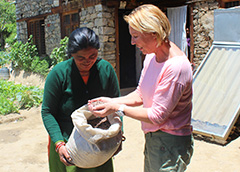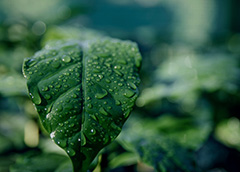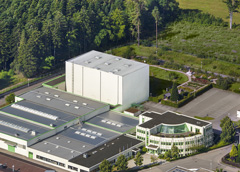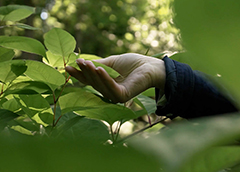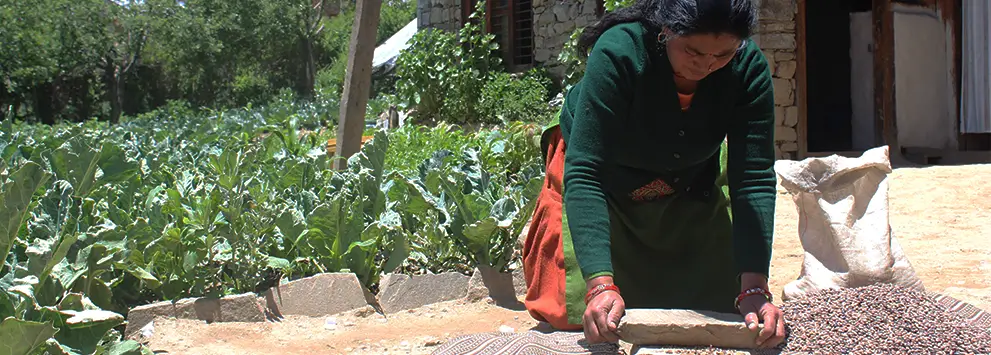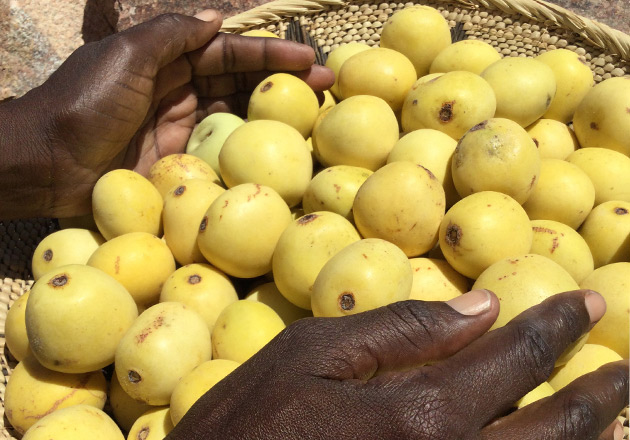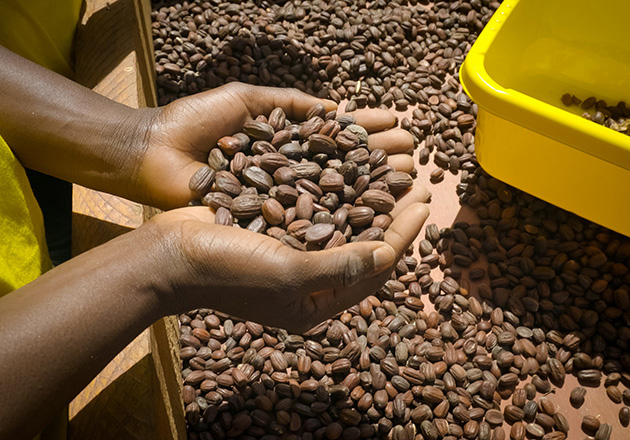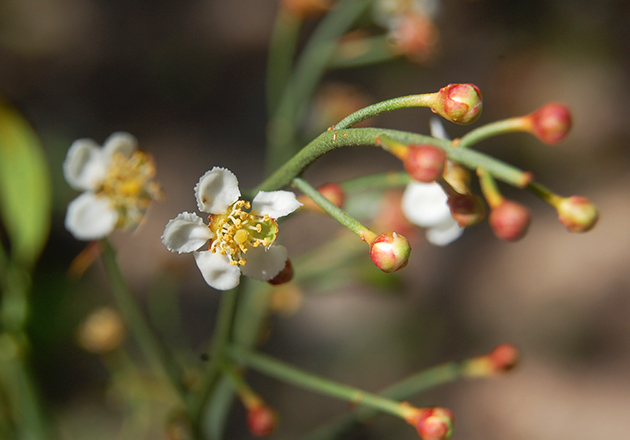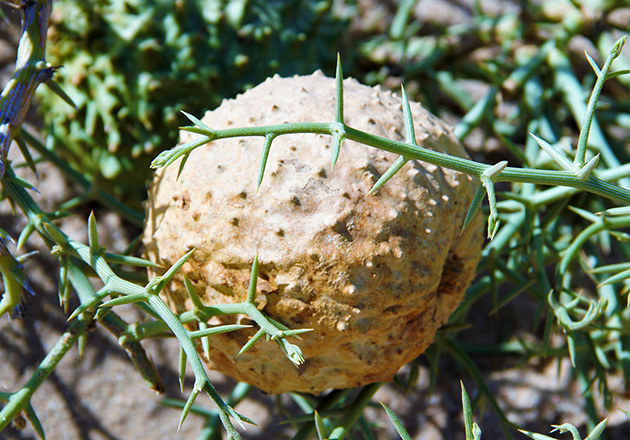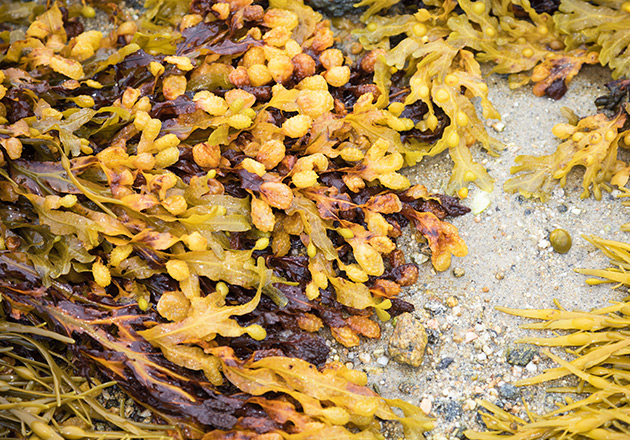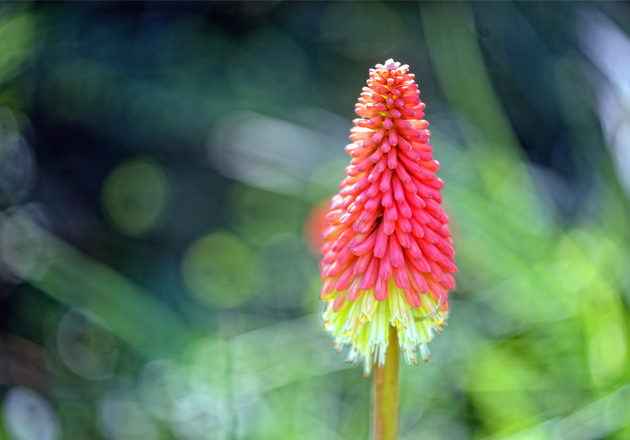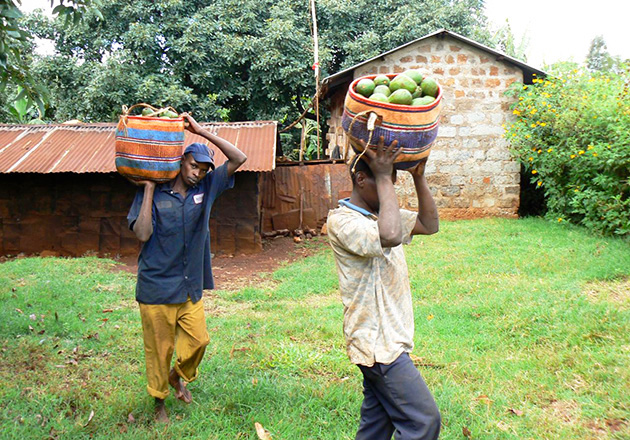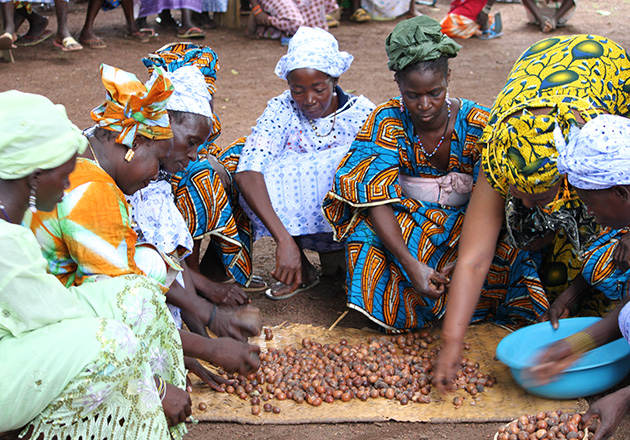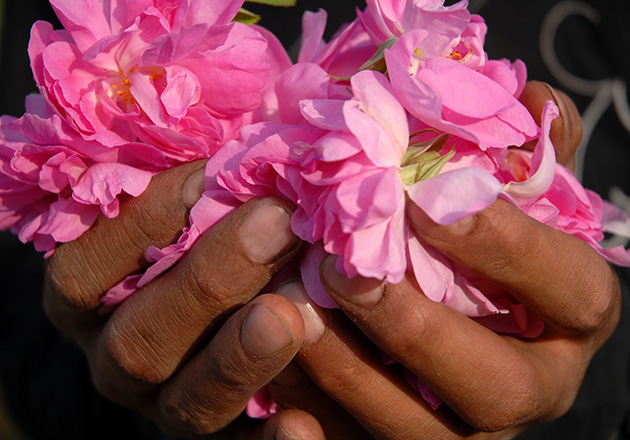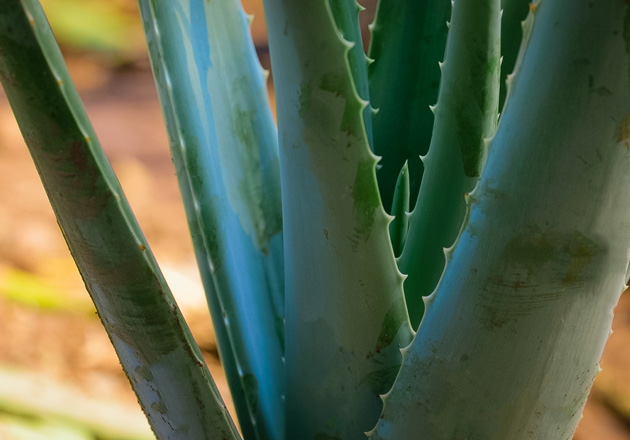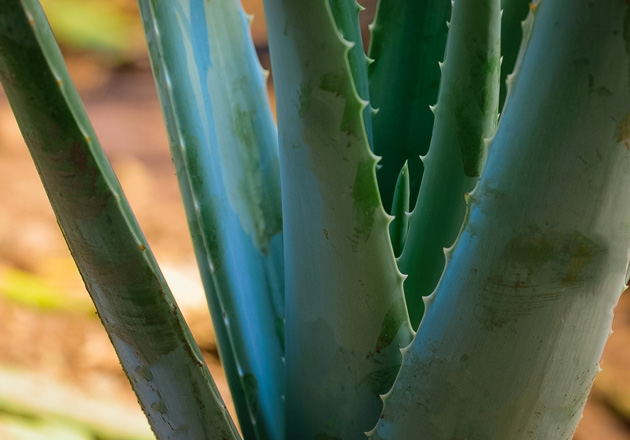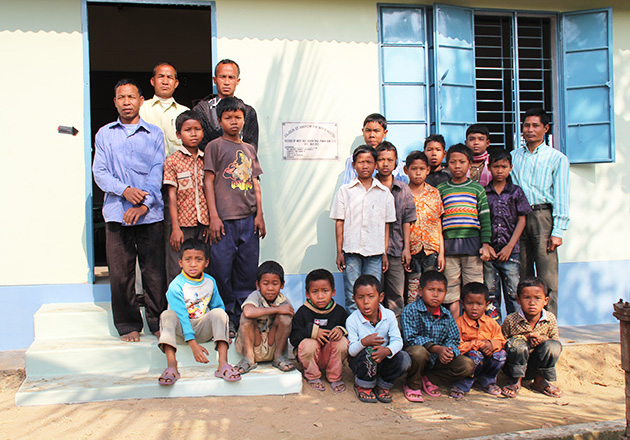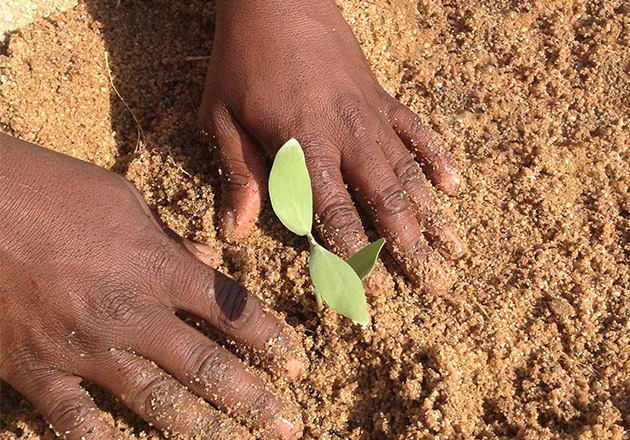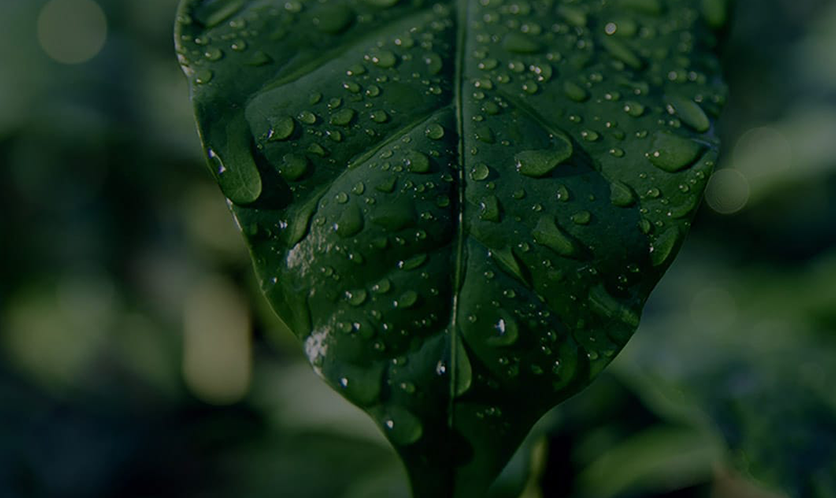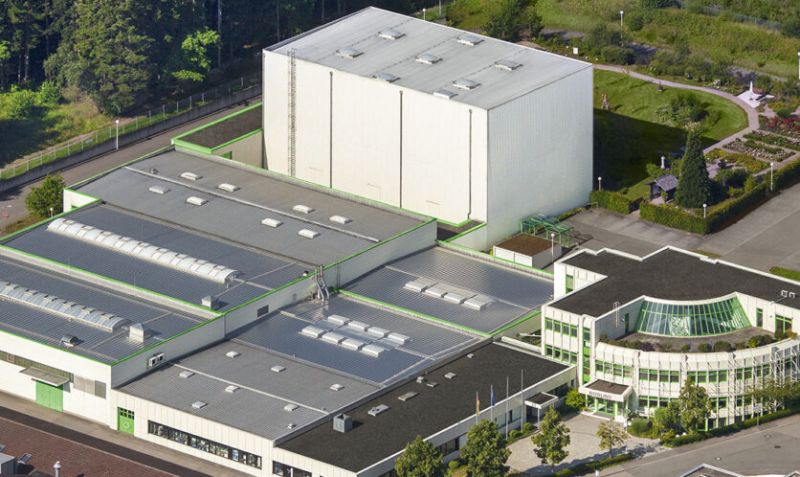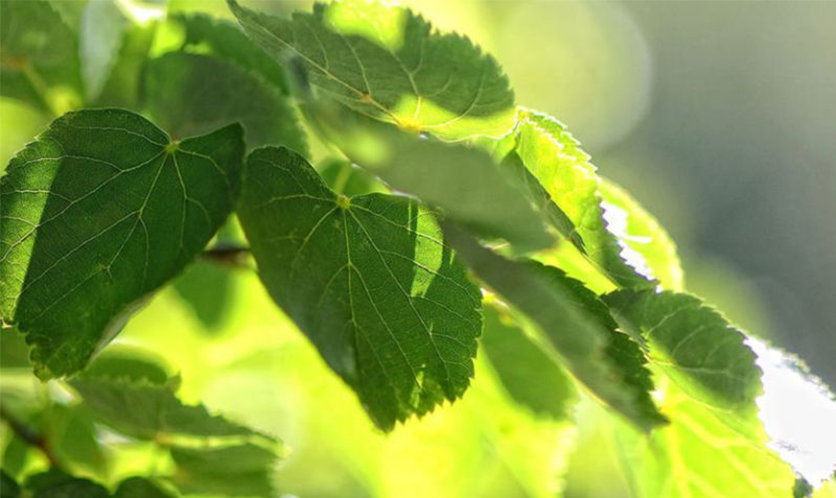EFFECTIVE CARE FROM BÖRLIND IS FAIR
Our environmental responsibility starts in our own front yard, but it certainly doesn’t stop there by a long shot. By systematically purchasing botanical raw materials, for example, we support numerous projects with ecological cultivation methods and environmental projects worldwide. We understand this as our contribution toward the protection of the earth and a world that also affords a life worth living to future generations. Sustainability is more than just a fad to us – it has been part of our company philosophy from the very beginning.
This is why, when selecting our suppliers, we not only pay attention to ecologically and ethically sound substances, but also to fair working conditions, fair pay, and a zero-tolerance attitude to child labor. Find out more here about the social and ecological projects that we support within the framework of our raw materials procurement around the world.
SOCIAL RESPONSIBILITY KNOWS NO
BOUNDS.
COMPLETED SOCIAL AND ECOLOGICAL PROJECTS
ATTRACTIVE SKIN, HEALTHY EARTH
Whether it’s aloe vera from Guatemala, a school hostel in Bangladesh or our own herb garden in Calw, we think that cosmetics based on nature and responsible, sustainable action belong together unconditionally.
That is why you can be certain that every one of the products you have purchased from BÖRLIND is a highly effective, skin-compatible natural cosmetic that will heighten your natural beauty in a luxurious manner. With the purchase of each cream, each toner and each serum, you also make a small contribution to preserving resources and showing respect for both nature and people.
LEARN MORE ABOUT OUR SUSTAINABILITY STRATEGY
Financial independence and long-term partnerships: Learn more about our economic contribution.
How are our products and packaging materials recycled? Learn more about our sustainable recycling.
